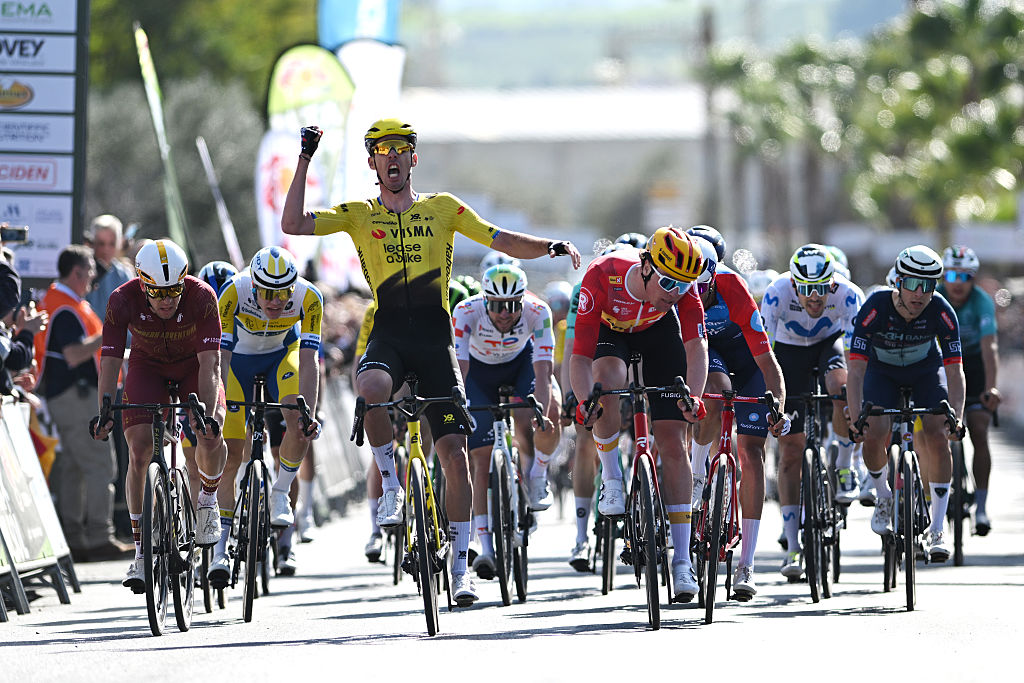'My eyes and lungs were burning' – Reactions to farmers' protest on stage 16
Tour director Christian Prudhomme pleads with public to respect riders
The latest race content, interviews, features, reviews and expert buying guides, direct to your inbox!
You are now subscribed
Your newsletter sign-up was successful
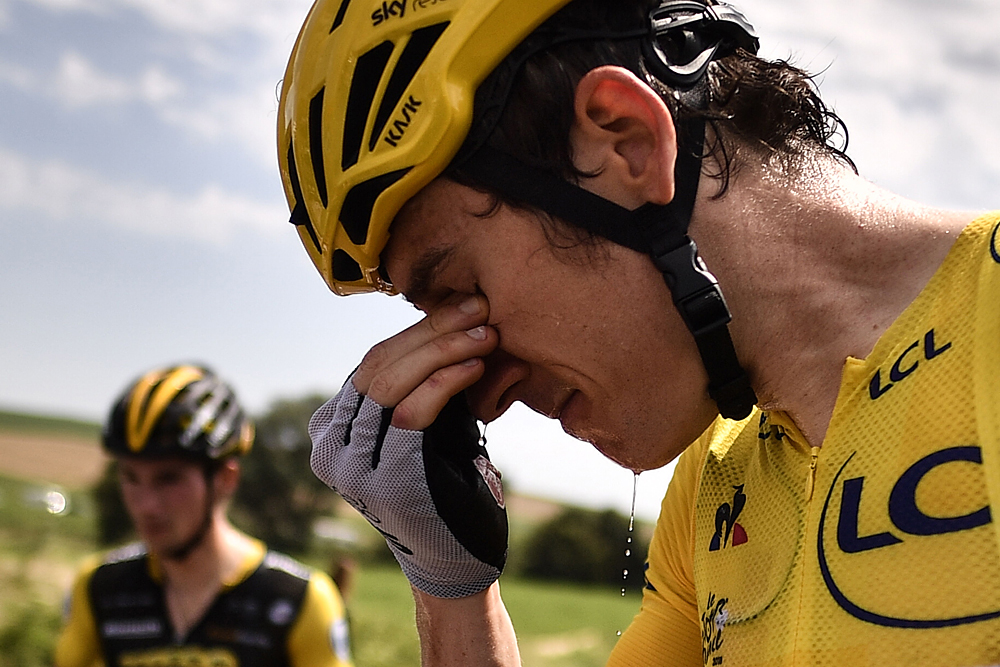
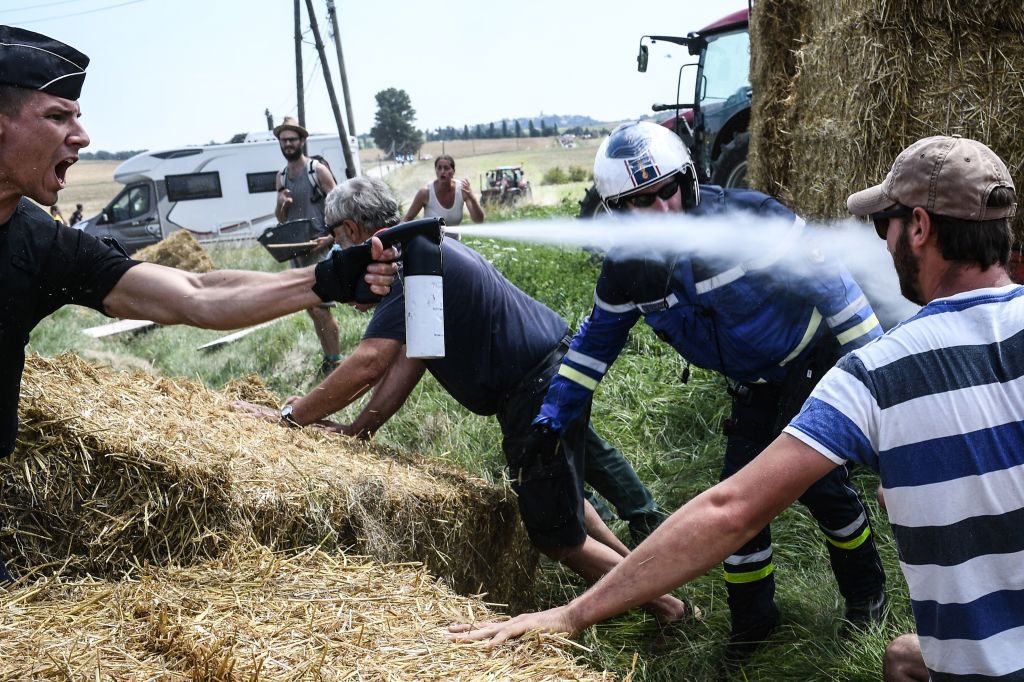
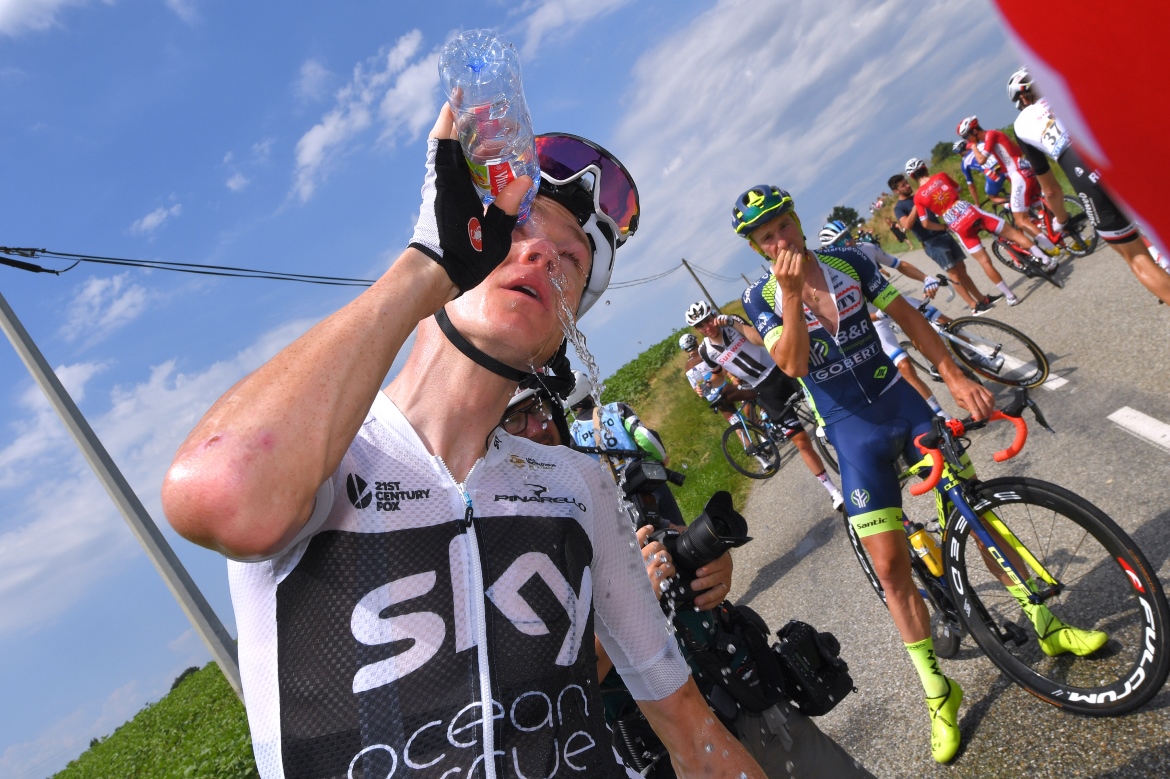
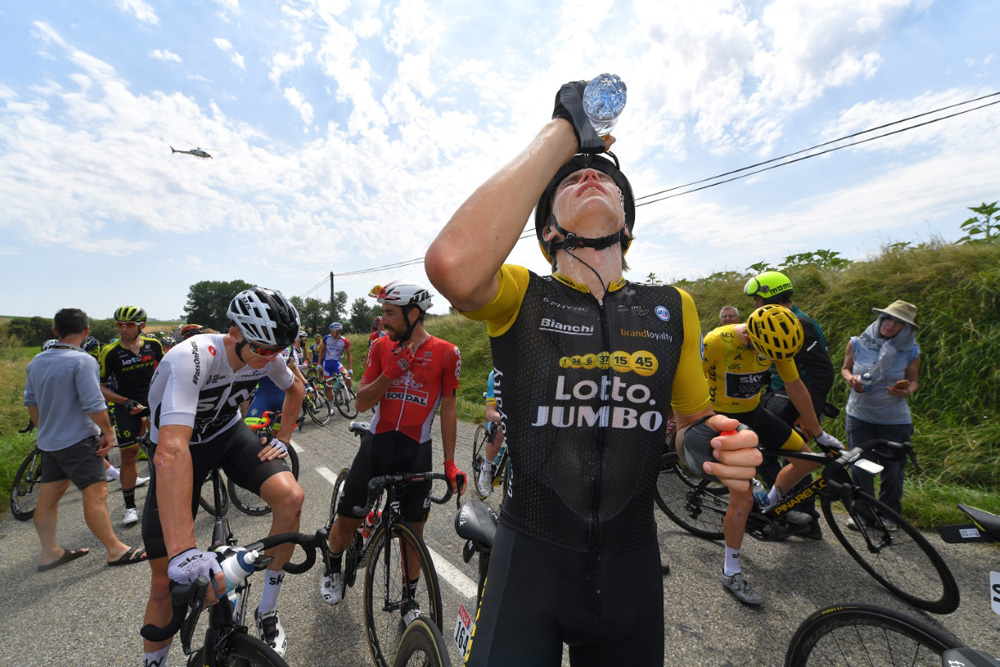
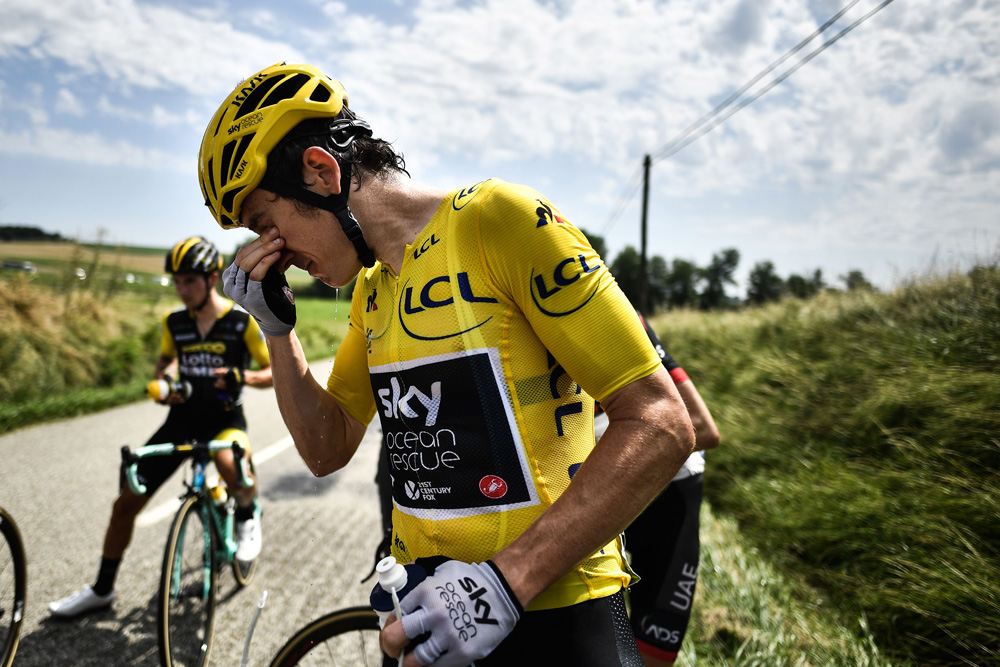
Protests and the Tour de France are not a new combination, but it has been some time since one brought the race to a complete halt. Hay bales in the road less than 30 kilometres into the day had slowed the bunch, but it was the pepper spray that the police used to control the protesting farmers who interrupted stage 16 on Tuesday that did the most damage.
"All of a sudden, my eyes and lungs were burning,” AG2R La Mondiale's Silvan Dillier told Cyclingnews at the finish line in Bagnères-de-Luchon. "At first, nobody knew what was happening."
Speaking after the stage, race director Christian Prudhomme pleaded with the public to respect the riders.
"The riders have to be respected from first to last – the French riders and the foreign riders. They have to be left free to ride," said Prudhomme. "A Tour de France rider's job is difficult. They have to be respected and allowed to express themselves on the road. There are protests, which might be legitimate or not – it's not up to me to judge – but you don't block the route of the Tour de France. We haven't had an event like this in 10 years, but the riders have to be respected and allowed to race."
Race leader Geraint Thomas (Team Sky) and teammate Chris Froome were among those that were affected by the pepper spray, as was their rival Mikel Landa (Movistar). Plenty of other riders could be seen coughing and rubbing their eyes, and the race organisers took the executive decision to neutralise the race briefly.
The stoppage allowed riders, and others impacted, to wash their eyes out before a short, rolling neutralisation. While the riders were stopped, members of opposing teams could be seen assisting each other.
"It was awful," said Landa. "But on the other hand, we saw a good side of the sport, with everyone in the peloton helping each other. A mechanic from the Lotto squad put drops into my eyes for me. We were all friends again for a while."
The latest race content, interviews, features, reviews and expert buying guides, direct to your inbox!
UAE Team Emirates' Dan Martin also tried to see the positive side of things at the finish line: "That was a new experience. I'm always open to new experiences, but pepper spray during a race… I could feel it in the lungs for a bit, which wasn't exactly pleasant. But I think they dealt with it pretty well: the medical team got some attention for the guys who needed it. It was bizarre, though. What an eventful day."
Footage of the race shows a police officer using the pepper spray on a protestor just as the peloton is rounding the corner they're standing in. The spray hung in the air, and a number of riders in the peloton rode through it, unaware of what was going on until they began to feel the effects.
"Everyone in the bunch signalled that something was on the road, and then we saw the demonstration and the hay on the road, and police trying to push the protestors away," explained Sunweb's Simon Geschke. "We rode through that sort of cloud, and everything started itching and burning. We knew pretty soon that there must be something in the air."
Daryl Impey (Mitchelton-Scott) was one of those heavily affected by the pepper spray. The South African champion said that the whole situation reflected poorly on the race and stopped the stage just as it was about to get going.
"It's not something that's needed. It's terrible for the riders and terrible for the race. It's not a great image," Impey told Cyclingnews. "Once we got going again, we were OK, but you don't need a disruption like that. The race was about to take shape at that point, and then we had to start again. It was uncalled for."
Born in Ireland to a cycling family and later moved to the Isle of Man, so there was no surprise when I got into the sport. Studied sports journalism at university before going on to do a Masters in sports broadcast. After university I spent three months interning at Eurosport, where I covered the Tour de France. In 2012 I started at Procycling Magazine, before becoming the deputy editor of Procycling Week. I then joined Cyclingnews, in December 2013.

